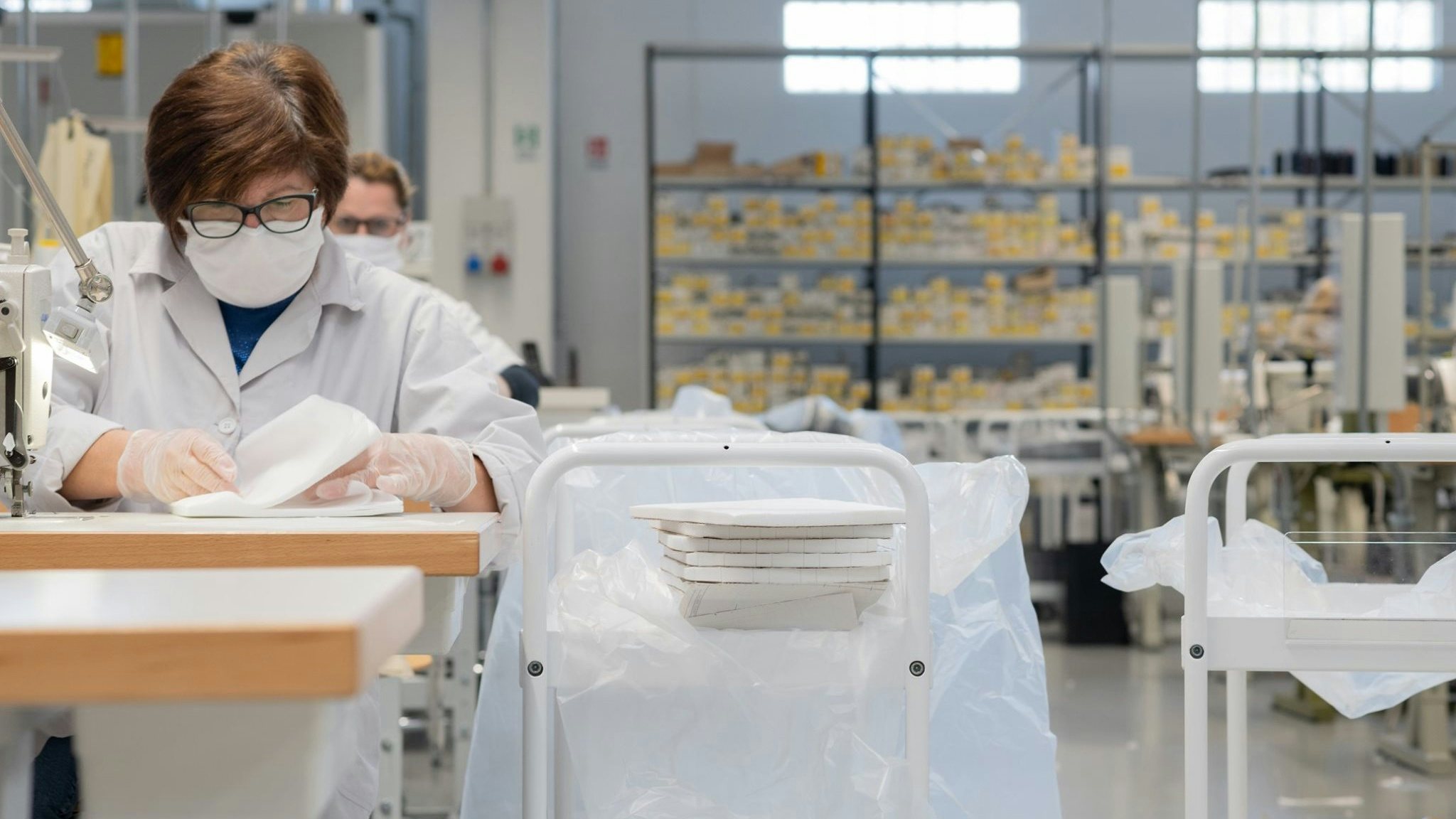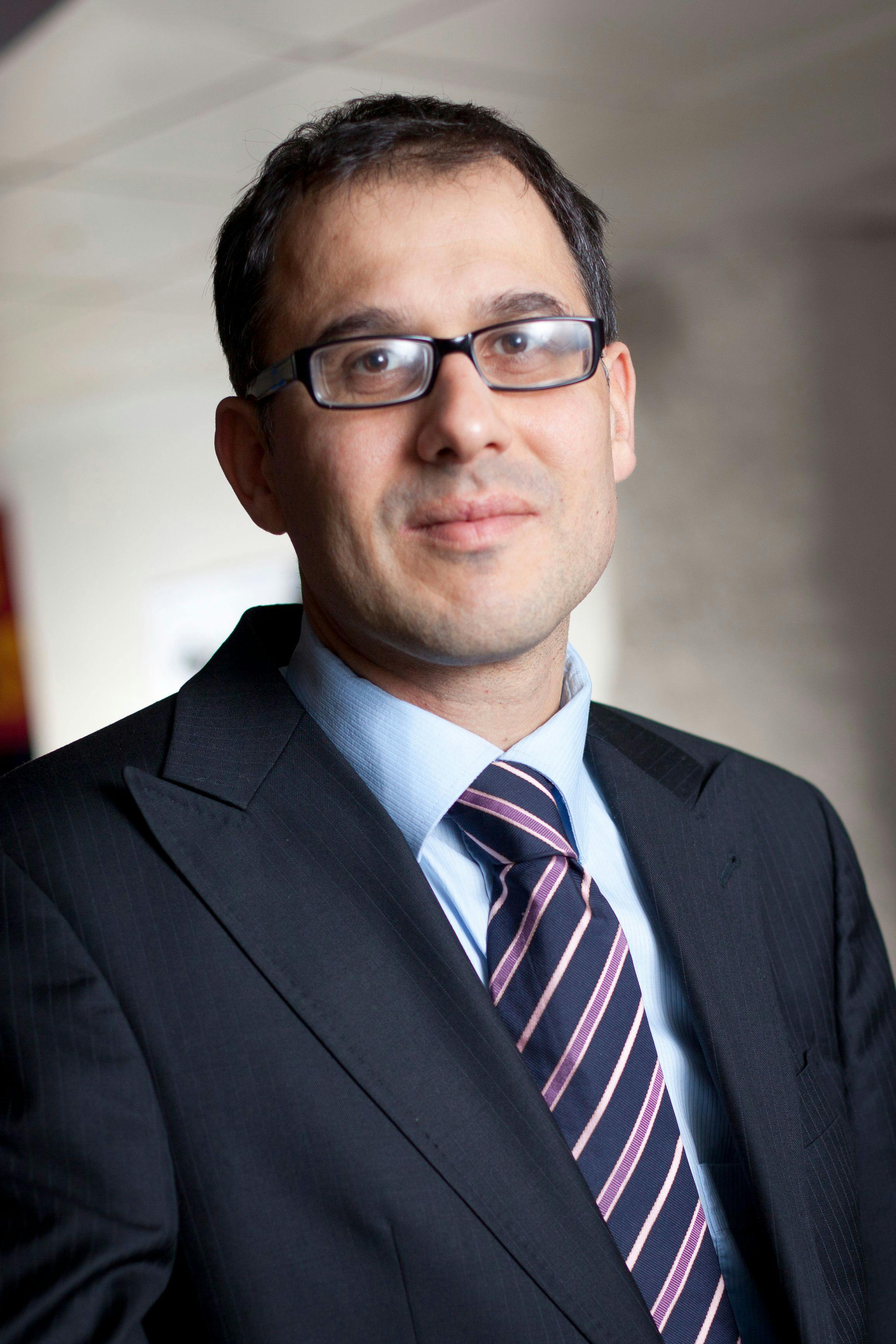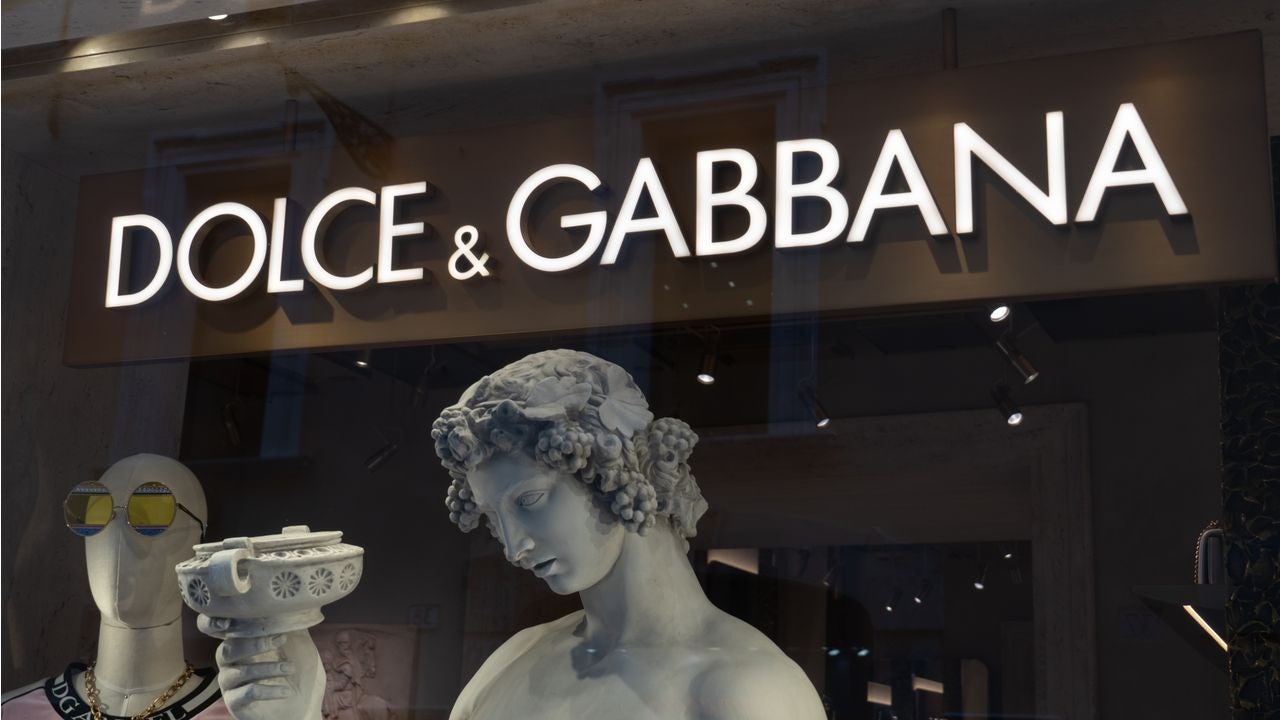Key Takeaways:#
During the early days of the pandemic, LVMH won fans by devoting its perfume production lines to making hand sanitizer for French hospitals, as did Prada, which manufactured 80,000 medical overalls and 110,000 masks to distribute to Italian healthcare workers.
Today, socially-conscious initiatives resonate well with consumers, and the pandemic has provided an even greater reason for luxury brands to intensify a purpose-driven image.
Over 62 percent of customers said they were more likely to reward brands that took extra steps to ensure their employees' wellbeing during the lockdown.
Luxury brands did not hesitate to demonstrate a spirit of solidarity when helping to combat the COVID-19 pandemic. A distinctive feature was luxury brands’ ability to provide practical and visible assistance. Many companies quickly switched to manufacturing personal protective equipment (PPE) and other essential supplies. For example, LVMH devoted its perfume production lines to making hand sanitizer for French hospitals, while Prada manufactured 80,000 medical overalls and 110,000 masks to distribute to Italian healthcare workers.
But purpose-driven initiatives are not new for these brands, and luxury consumers expect their brands to take a position on social issues. For example, Gucci’s Chime For Change initiative, set up in 2013, has been instrumental for gender equality. The campaign has raised nearly 17 million to support projects in 89 countries. As these initiatives resonate well with socially-conscious consumers, the pandemic has provided an even greater reason for luxury brands to intensify a purpose-driven image. But ultimately, stakeholder pressures are crucial for change, disrupting how luxury brands deliver value beyond their products or service offerings.
Consumer Belief#
Data presents a compelling case that consumers do care — and care deeply. According to YouGov Direct data, 60 percent of Americans are more likely to purchase from a company that has aided in the COVID-19 pandemic (YouGov, 2020). Similar findings were reported in a PWC survey in France. However, Chinese consumers are even more likely to reward companies that are perceived as delivering a positive impact. In an Edelman survey, 88 percent of respondents agreed that the way brands respond to the coronavirus crisis significantly impacts their future purchase intentions.
Investor Sentiment#
Investors are increasingly using criteria like the environmental, social, and governance (ESG) rating system to determine their investment decisions. ESG screening has even entered into mainstream investment policy. And the impact of COVID-19 will only accelerate the use of ESG in investment decision-making. According to an ISS survey of global assets managers, five percent of respondents reported that social issues attract more of their attention now than they did before the COVID-19 pandemic. This phenomenon is reinforced by a J.P. Morgan investor survey, in which 55 percent of respondents expect COVID-19 to be a positive catalyst for ESG investment over the next three years.
Talent Engagement#
Talent engagement refers to the emotional commitment an employee has to his or her organization. This issue matters because engagement correlates with critical human factors like motivation. BCG research shows that 67 percent of millennials expect employers to have a purpose and that their jobs will have a societal impact. This research implies that companies supporting Covid-19 initiatives will own greater employee engagement. In a UK survey, 63 percent of respondents said employee engagement had increased during the COVID-19 crisis.
Indeed, the outbreak of COVID-19 has certainly demonstrated how companies value their employees. For instance, Lululemon, Sephora, Apple, and Abercrombie and Fitch continued to pay their US employees while their stores were closed in the initial weeks of the lockdown. It pays for brands to see the bigger picture. According to a Deloitte survey, 62 percent of customers said they were more likely to reward brands that took extra steps to ensure their employees' wellbeing during the lockdown.
COVID-19 will continue to disrupt the traditional luxury business model. Today, purpose matters. It is not just about ticking the right boxes. Moral authenticity must be the cornerstone of any purpose-driven marketing campaign — ask any consumer, investor, or employee. So, what is your ‘purpose strategy’?
Glyn Atwal is an Associate Professor at Burgundy School of Business (France). He is co-author of Luxury Brands in China and India (Palgrave Macmillan).



